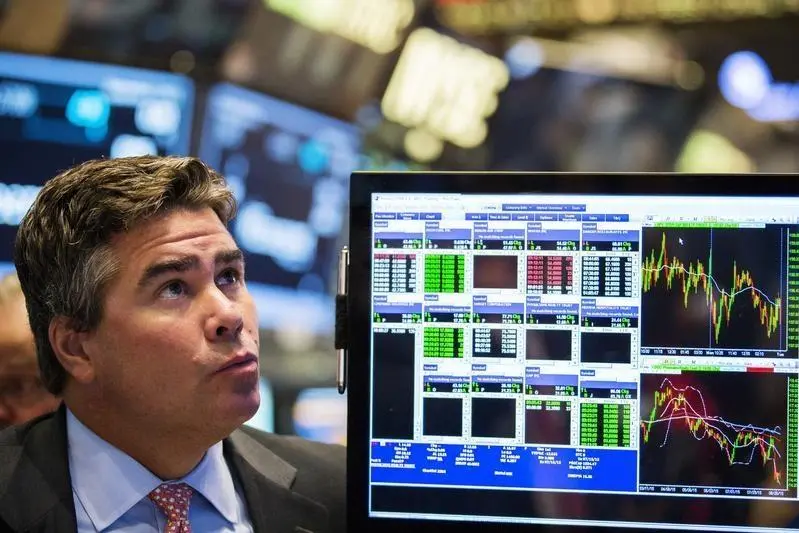PHOTO
The United States and China slapped tariffs on $34 billion worth of each others’ goods at the end of last week.
Duties on a range of Chinese goods imported into the U.S. took effect on Friday and were immediately countered by measures from China.
U.S. President Donald Trump is likely to publish this week a list of $200 billion in additional Chinese products to be hit with tariffs, an administration official said, adding that a final decision had not been made yet, according to a Reuters report.
Global markets
Asian shares dropped on Wednesday as news of likely additional U.S. tariffs on Chinese goods hit sentiment in Asia.
MSCI’s broadest index of Asia-Pacific shares outside Japan fell 1.5 percent, after gaining in the last two sessions.
Hong Kong’s Hang Seng slid 2.2 percent and the Shanghai Composite Index slumped 2.4 percent.
“The markets still remain sensitive to the trade-related theme, which is something investors have to take into account for the long term,” Yoshinori Shigemi, global market strategist at JPMorgan Asset Management in Tokyo, told Reuters.
“At the same time, the trade dispute can easily be blamed for a variety of ills. But it could mask over factors that could also weigh on equities in the longer run, such as tighter monetary policies led by the United States.”
Middle East markets
Most stock markets in the Middle East rose on Tuesday as higher oil prices and expectations of strong corporate earnings boosted earnings.
Qatar’s index added 1.4 percent, its highest since January 30 this year. The gains were fuelled by a 2.2 percent gain in Qatar National Bank and a 2.1 percent rise in Industries Qatar.
QNB Financial Services said in a note it estimates banks, under its coverage, are expected to post an annual increase of 18.4 percent in earnings during the second quarter, largely due to a base effect stemming from Qatar's Commercial Bank, according to a Reuters report.
The Saudi index rose 1.1 percent, mainly on the back of petrochemical shares which were boosted by higher oil prices.
Saudi Kayan Petrochemical was up almost one percent at 16.88 riyals. Saudi Basic Industries was up nearly 1 percent.
Dubai’s index added 0.7 percent and Abu Dhabi’s index added 1.1 percent, as property stocks boosted both markets. Aldar Properties rose 2.4 percent and First Abu Dhabi Bank climbed 1.6 percent.
Egypt’s index added 0.8 percent, Kuwait’s index rose 1.1 percent, while Bahrain’s index closed flat and Oman’s index was down 0.4 percent.
Oil prices
Oil prices fell on Wednesday amid trade tensions between the U.S. and China.
Brent crude futures were down 75 cents, or 1 percent, at $78.11 a barrel by 0308 GMT, having fallen as low as $77.60.
U.S. crude was down 55 cents, or 0.7 percent, at $73.56.
Currencies
The dollar index edged up early on Wednesday.
The dollar index, which measures the greenback against a basket of six major currencies, was 0.1 percent higher at 94.209.
Precious metals
Gold prices edged lower on a firmer dollar.
Spot gold was down 0.3 percent at $1,251.74 an ounce at 0102 GMT.
U.S. gold futures for August delivery were down 0.3 percent at $1,251.20 an ounce.
(Writing Gerard Aoun; Editing by Shane McGinley)
(gerard.aoun@thomsonreuters.com)
Gain a deeper understanding of financial markets through Thomson Reuters Eikon.
A new version of the Trading Middle East newsletter is being launched on June 27, 2018. To keep receiving the newsletter after this date, please subscribe using this link.
Our Standards: The Thomson Reuters Trust Principles
Disclaimer: This article is provided for informational purposes only. The content does not provide tax, legal or investment advice or opinion regarding the suitability, value or profitability of any particular security, portfolio or investment strategy. Read our full disclaimer policy here.
© ZAWYA 2018




















